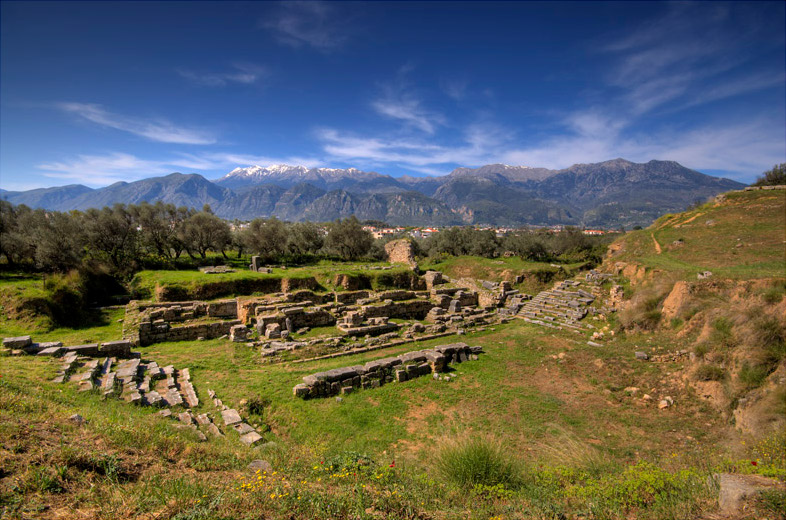 I would like to be more laconic in my replies. It’s a gift. The art of the terse, but meaningful, statement can be lost on academics. We professors write, as one student in my class today put it, by “spewing ideas.”
I would like to be more laconic in my replies. It’s a gift. The art of the terse, but meaningful, statement can be lost on academics. We professors write, as one student in my class today put it, by “spewing ideas.”
Can a critical idea be expressed in a few words? I think so. That’s the art of a laconic statement.
The term’s origin is Greek, referring to Laconia, the region where the ancient city of Sparta can be found. The term “spartan” has come to mean minimalist. Think of a laconic statement that way.
I’ve read several about historical instances of a laconic reply, but none work better than what the Spartans said to Philip of Macedonia, father of Alexander The Great. During his campaign to unite Greece, he warned Sparta that “You are advised to submit without further delay, for if I bring my army into your land, I will destroy your farms, slay your people, and raze your city.”
The official reply of the Spartan government? “If.”
Millennia later, General McAuliffe of the US 101st Airborne, surrounded by the German Army at Bastogne, replied “Nuts!” to the demand that he surrender. Truly a Spartan, in spirit.
We can find laconic statements far from the battlefield. Here I’m thinking of how we understate a real problem, even a disaster, by calling it an “issue.” A relative of few words once quipped about a tightwad’s unwillingness, “that would require spending money.”
Succinct, understated, direct: do you ever express yourself that way?
Can academics?
Maybe.
Please send us words and metaphors useful in academic writing by e-mailing me (jessid -at- richmond -dot- edu) or leaving a comment below.
See all of our Metaphors of the Month here and Words of the Week here.
Image of ancient Sparta courtesy of Wikipedia.
Comments are closed.